If You're A Creative, You Need a Hobby (September 8, 2020)
A distraction can help you to stay focused.
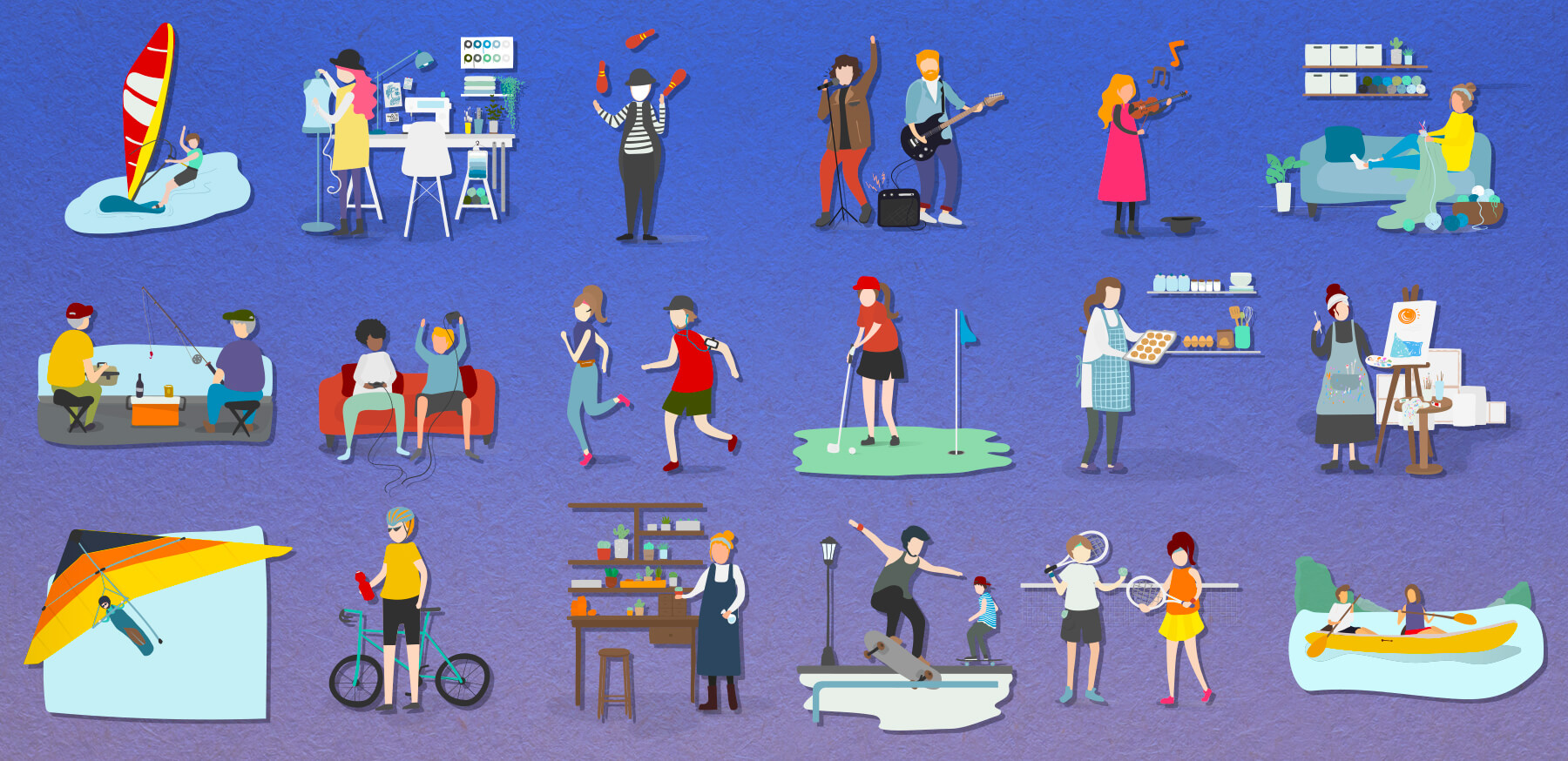
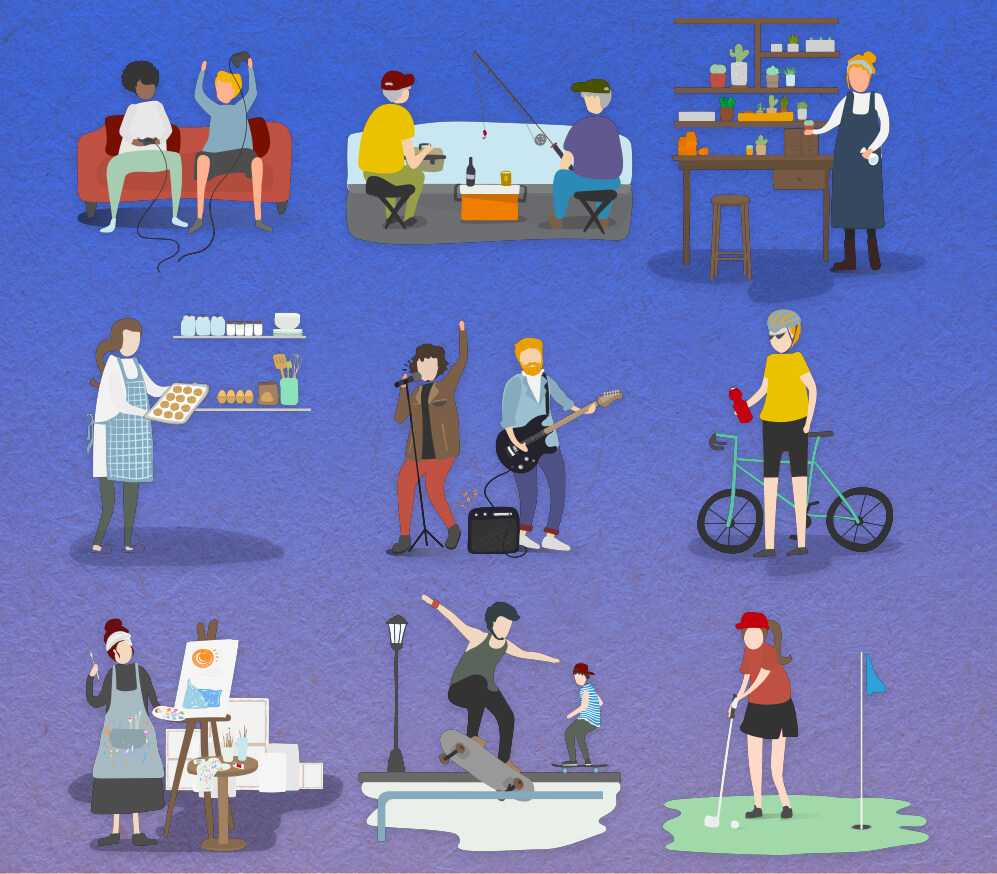

Being a creative professional can be exhilarating. It can also be exhausting. There are times when I feel incredibly productive and overflowing with amazing ideas. And then a moment later I feel conceptually empty and smashed up against a creative block.
It's because of these swings from genius to idiot that I look for a moderating influence to help balance out those extremes. Enter the humble "hobby".

What constitutes a hobby?
Generally speaking, I'd say anything that occupies your time can qualify as a hobby. They can be done indoors (fantasy sports) or outdoors (kayaking). They can involve building collections (vinyl records). They can be educational (astronomy). They can be competitive (drone racing). They can be observational (birdwatching). They can involve groups of people (triathlons) or be done all alone (meditation). Basically, almost anything can be rationalized into being a hobby.

My hobbies
I'll use myself as an example. My hobbies lately are 3D printing and electronics. I've been 3D printing for about a year and a half and building electronics for almost two years. So these are pretty recent hobbies I've picked up. I've had other hobbies in my life for much longer -- drawing, painting, woodworking, baseball cards, programming... and a bunch more. Some I've dropped years ago. Others I will indulge in once in awhile. They're all part of the arsenal of diversions I keep in my life to help me stay creative.

So how does picking up a paintbrush now and again or getting a bunch of LEDs to light up do any good?
#1 Hobbies are a distraction
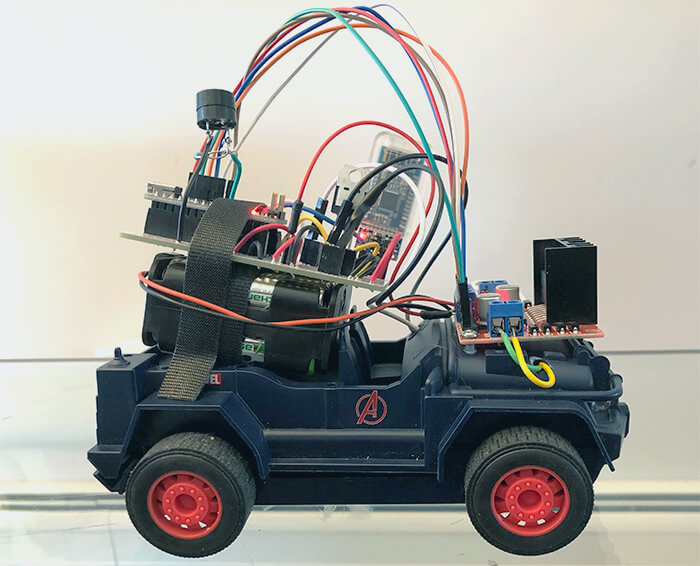
The holiday season used to be a little bit more stressful because of a yearly trade show we had at work. The deadline always snuck up on us, and we had to rally hard to get everything wrapped by the first week of January. That combo of holiday and work stress caused burnout by start of the new year.
One of the ways I rebounded after hitting that wall was to find a distraction -- something so different from my day-to-day job that it took my mind off of work. In my case it was electronics.
I've been building little devices and tinkering with components for a couple years now. After learning the basics, one of my first big efforts was taking a remote control car I bought from Five Below and converting it to run via Bluetooth on my phone.

Everything about this project was completely different than design. It was all about figuring out how much voltage was necessary, communicating with the phone's Bluetooth and getting all the components to fit in the car chassis (or on top of it).
The project took my mind off the usual always-on, work-related thoughts designers and writers are plagued with. Something different helped recharge my creative batteries.
#2 Hobbies expand your thinking
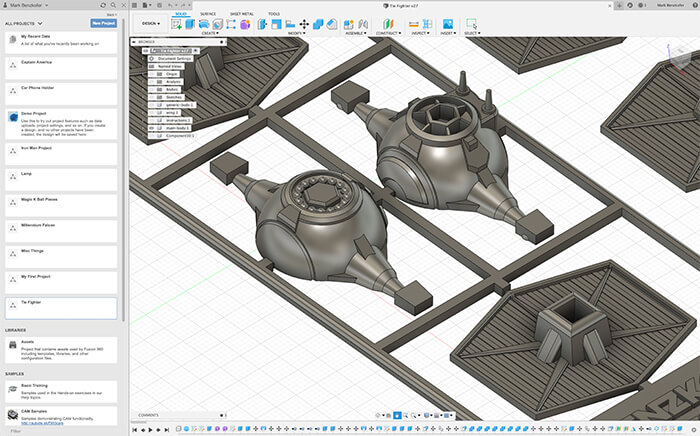
In our daily jobs, we have a developed a set of go-to solutions over the years for solving communication problems. But how often do we add a new trick? I've noticed that my 3D printing hobby has contributed to changing the way I look at problems, and leading to unexpected solutions.
When I have an idea I want to 3d print, the process starts similarly to a new design project. I'll sketch out an idea and kick it around for awhile until I'm happy with it. But then I'll do something a little different. I have to go into a CAD program to build it, so I need to be super specific with measurements, tolerances of material and the orientation of the piece on the print surface for maximum strength and need for support.

This process was not super intuitive at first, but I became proficient enough in time to be able to design, draft and print what I needed. Then I found that the rigor applied to 3D modeling changed the way I looked at solving design problems at work. It's changed how I look at solving a problem, coming at it from different angles. In this case, it helped remember to be a bit more detail-oriented.
Working different mental muscles tends to have an effect on how you problem solve. Those new methods seem to slip into your regular process and lead to some interesting results. They don't work every time, but they are welcome reminders to consider new paths to get to your destination.
#3 Hobbies create new opportunities
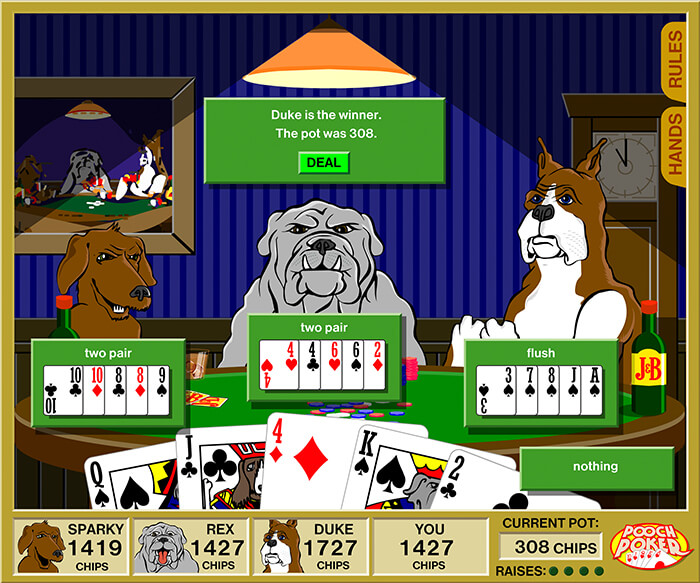
I've been programming for more than 20 years. I started with HTML. Picked up JavaScript and CSS. Worked my way through Perl and PHP. Learned some MySQL. And spent time with ActionScript and Lingo. When I began I did it for myself in order to build out something I was passionate about -- like an online football pool. I was mediocre at it, but found my way to successfully complete the site.
All this experience came to a head one day when a project came up at work requiring a good deal of ActionScript programming. It was for an online poker game where your were one of the dogs in the famous "Dogs Playing Poker" painting. How do you program dogs to hold cards and bark and pant? How do you create an AI that can make decisions on drawing cards, betting and folding? How do you determine what hands the players have and rank them? These are big questions for a hack programmer.

But I persevered and spent many late nights converting 5-card draw probabilities into functions. I determined how to find a winner by building an algorithm that compared the cards in each hand. I even figured out how to handle a split pot.
In the end, it might just be my favorite project of all time because I also got to art direct and illustrate it. If you're on a laptop and can install the Flash plugin, you can check out the game here (the link is at the bottom of the page).
The big takeaway with this was that programming at this level was not in my job description. It was the stuff I was doing on the side that prepared me to be able to tackle this project. It was a case of my hobby finding its way to my professional career. It allowed me to spread my wings to accomplish something bigger.
#4 Hobbies make you smarter
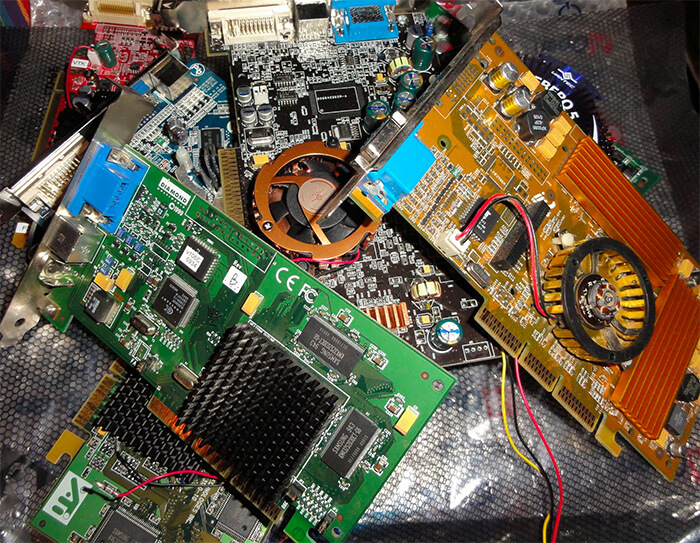
I've been taking apart old stereos and TVs since I was a kid. I never knew what I was looking at, but it was always fascinating. I remember finding a pile of old computer circuit boards when I used to have a paper route. I kept them for years because they were just so damn cool looking.
When I got into electronics, I started to learn what capacitors and resistors and diodes were. So now when I take a device apart I see those components and start to understand how they work. I've been able occasionally to fix something electrical because I was able to resolder a loose part or replace a burnt out electrical element.

Now... my rate of success is probably around 30%. But that doesn't stop me from trying. Every time I do fix something there's a wonderful feeling of accomplishment that validates the hobby. And it kind of elevates it because it doesn't just provide a pastime for me, I ‘m able to show a positive result from it. 😊
#5 Hobbies are never mastered

That sounds disheartening, to always be an apprentice. But I don't think it is. I see that as a good thing.
If I was able to be an expert in everything I endeavored to do, I wouldn't have a goal to reach for. And for me, those goals I set for myself are the satisfying aspect of each hobby.
Setting a goal and reaching it is an accomplishment. Each accomplishment makes you feel good about yourself. Sure there are setbacks (and they can suck). But as you set and reach goals you can look back over time and see growth and constant improvement.

That's when you know that hobby will always be there for you. It's a well of positive reinforcement for your sense of self-worth.
Final Thoughts...
If you don't have a hobby, go out and find one that interests you. There are so many resources on the internet to help you find something interesting to do (Pinterest, Instructables, a simple Google search).
If it doesn't work out right away, give it a few tries before you give up. You might just surprise yourself at what you're capable of doing.
You are more than just what you do from 9-5!
Character graphics designed by rawpixel.com at Freepik